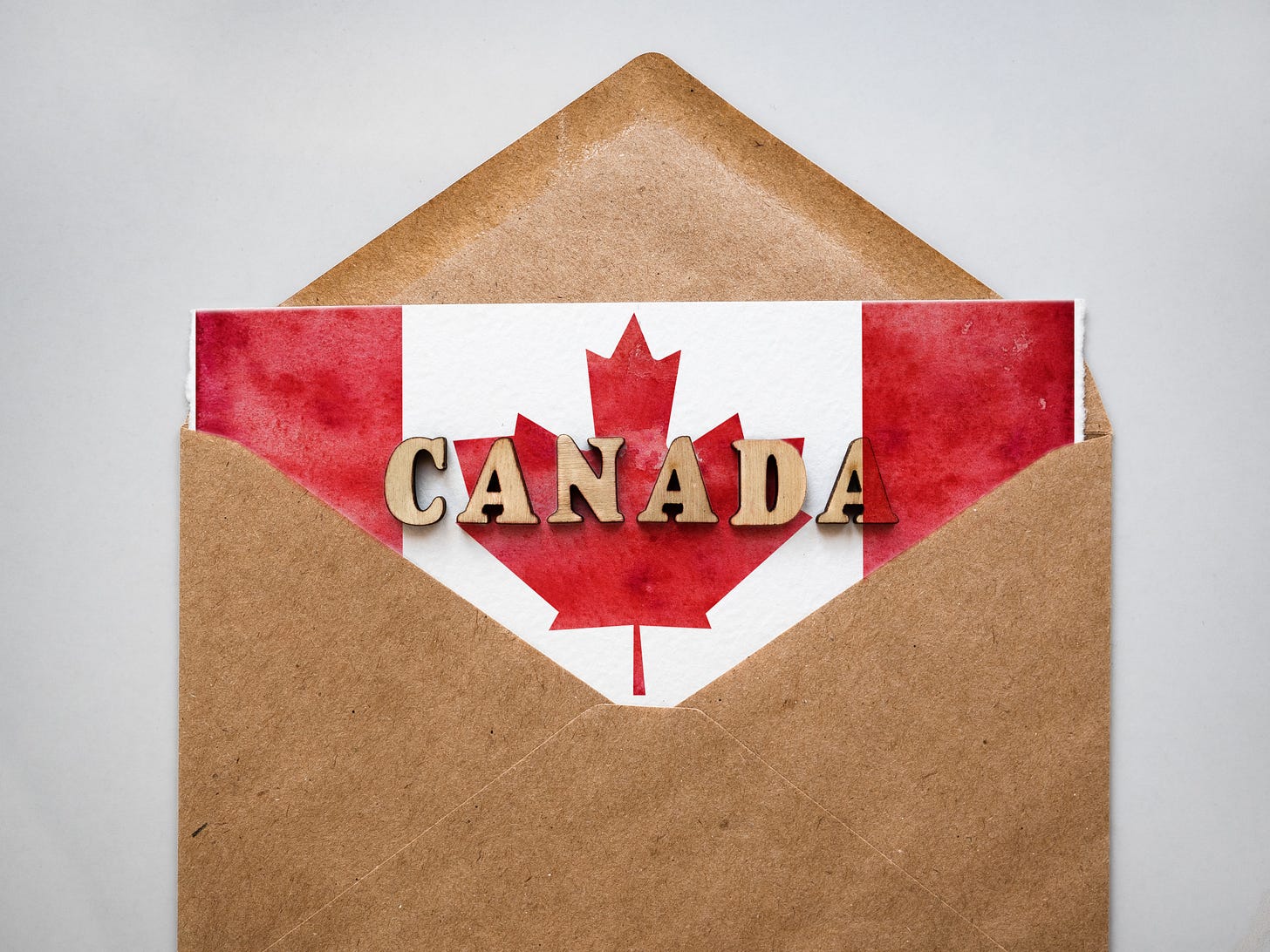We sometimes feel self-righteous in Canada, at least as compared to our peer nations, and especially the Americans.
It’s usually about health care. We acknowledge our system is imperfect. We know we have long wait times, and medical inconveniences sometimes become emergencies. But we also know that, in our country, the poor live longer than they do in the United States. Our healthcare gaps do not correlate so rigidly with income. Canadians with costly chronic diseases get great care, without fear of bankruptcy.
And, appropriately, we feel self-righteous about hockey. Those of us of a certain age still remember, and celebrate 1972—Paul Henderson, Moscow, 34 seconds to go. And more recently, in Boston, in overtime. A heroic and timely victory over the Americans. Canada needed that one badly, and we got it.
And sometimes we feel self-righteous when we shouldn’t. We think of ourselves as peacekeepers, the world’s “blue hats,” without acknowledging that the 70 years of peace is largely due to our protector, the United States. Our military has been downgraded for decades. We’re no longer a global peacekeeper.
But in our federal election to come, it strikes me that we have reason at least to be proud, if not self-righteous.
I have no idea who will win, but based on the polls, it’s clear that Canadians still have the capacity to think, to change their minds, and to make our best decisions from imperfect choices. As individuals, we may naturally associate with one party or another but, when circumstances demand fresh thinking, we can do that. We’re capable of asking ourselves: “What do we need now?”
And because we’re still capable of thinking sensibly about our politics, we respect those aligned with other parties. Our Canadian friends who winter in Florida— most Nova Scotian snowbirds pick Florida—aren’t so lucky. They’ve learned that politics can fracture friendships and, sometimes, politics can even be dangerous, literally.
So, in the weeks to come, we should feel good about our ability to discuss politics and to respect those Canadians who think and vote differently. We should feel proud that our social fabric remains sufficiently strong that, even in our messy democracy, we can accept our consensus and do our best with what we’ve decided.
We live in a polarized world dangerously manifested by our neighbour to our south. At present, Canada remains strong in the face of powerful forces. We’ll remain free as long as we remain strong, and as long as we respect one another.
Ian Thompson lives in Halifax. He was once a copy boy and then a reporter before reporters were "journalists." He worked for energy companies, had a PR firm, and was a provincial deputy minister. Then back into newspapers. "You didn't go far," his brother said.





Thanks, Ian, for your powerful and timely message reminding us, in Canada, to cherish what we have, and to make a choice later this month that will best secure our country and our democracy.
Ian, I couldn’t agree more, but I do wish that our elected officials would model that respect for differences of opinion, both during election campaigns and in the daily give and take of parliamentary discussions. Too often, the attacks are personal rather than on substance. I often muse, as a retired primary school teacher, that the behaviour we see in our politicians would not be tolerated in our classrooms.